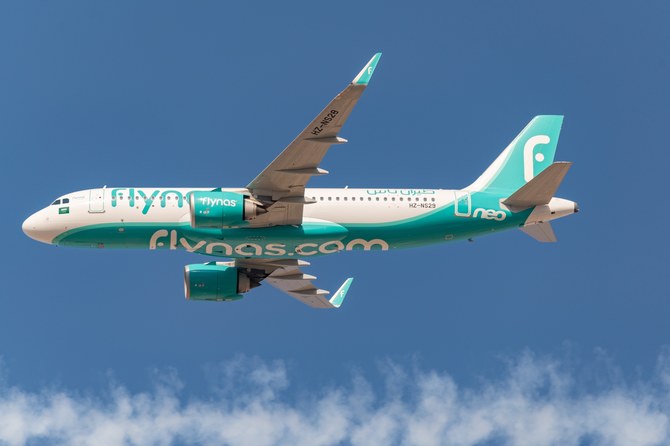RIYADH: Saudi Arabia’s Tadawul All Share Index slipped on Thursday, losing 46.95 points, or 0.41 percent, to close at 11,485.05.
The total trading turnover of the benchmark index was SR5.28 billion ($1.40 billion), as 61 of the stocks advanced and 179 retreated.
Similarly, the Kingdom’s parallel market Nomu lost 46.12 points, or 0.17 percent, to close at 27,841.06. This comes as 32 of the listed stocks advanced while 43 retreated.
The MSCI Tadawul Index lost 4.40 points, or 0.30 percent, to close at 1,462.76.
The best-performing stock of the day was Miahona Co., whose share price surged 10 percent to SR24.86.
Other top performers included National Gypsum Co., whose share price rose 4.90 percent to SR21 as well as Saudi Manpower Solutions Co., whose share price surged 3.09 percent to SR7.01.
Zamil Industrial Investment Co. recorded the most significant drop, falling 10 percent to SR43.20.
Arabian Contracting Services Co. also saw its stock prices fall 8.21 percent to SR125.20, while Retal Urban Development Co. also saw its share value decline 6.98 percent to SR15.72.
On the announcements front, Saudi Awwal Bank has completed the offering of its USD-denominated Additional Tier 1 Green Sukuk, valued at $650 million. According to a statement on Tadawul, the total number of sukuk issued stands at 3,250, based on a minimum denomination and total issue size at a par value of $200,000 each. The sukuk offers a return of 6.50 percent and features perpetual maturity.
Saudi Awwal Bank ended the session at SR34.40, up 1.31 percent.
Bank Albilad has announced the commencement of its offering for a USD-denominated Additional Tier 1 Capital Sukuk. According to a bourse filing, the final amount and terms of the sukuk will be determined at a later stage, subject to prevailing market conditions. The offering period runs from May 15 to May 16.
The minimum subscription is set at $200,000, with additional increments of $1,000, based on a par value of $200,000. The bank has appointed HSBC Bank plc, Albilad Capital, Goldman Sachs International, and Emirates NBD Bank PJSC as joint lead managers for the issuance.
Bank Albilad ended the session at SR27.10, up 0.19 percent.
Emaar, The Economic City has announced its interim financial results for the first three months of 2025. According to a Tadawul statement, the company reported a net loss of SR123 million in the period ending March 31, down 65 percent compared to the corresponding quarter a year earlier.
This decrease in net loss is primarily attributed to an increase in revenues, a decrease in operational expenses, and reversal of ECL provision following a reassessment compared to the recorded provision in the corresponding quarter.
Emaar, The Economic City ended the session at SR13.50, down 1.02 percent.
Zamil Industrial Investment Co. reported a net profit of SR21.8 million for the first quarter of 2025, marking a 301 percent increase compared to the same period last year, according to a bourse filing.
The sharp rise in earnings was driven by higher sales across all business segments, along with increased operating income in the air conditioning, construction, and insulation divisions. The company also benefited from improved contributions from associates and joint ventures, as well as reduced financial charges.


























